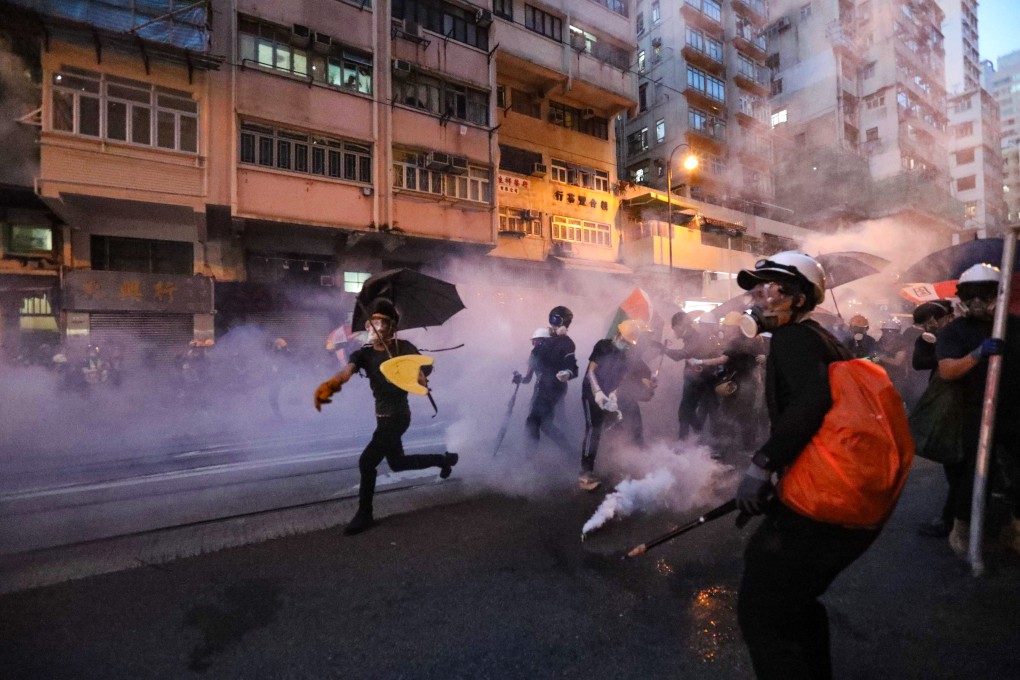Hong Kong court grants justice department request to allow ‘joint enterprise’ prosecutions in riot, unlawful assembly cases
- The ruling may pave the way for more prosecutions of those involved in the 2019 protests, and increase prosecutors’ likelihood of securing convictions
- ‘An accessory or a party to a joint enterprise is liable as the principal. This serves the public interest of maintaining the public order,’ High Court Chief Justice Jeremy Poon says

A Hong Kong court has upheld prosecutors’ wide power to indict suspects by ruling that even those not physically present at an unlawful assembly or riot can face the same charges as actual participants under the legal principle of “joint enterprise”.
Handing down the judgment on Thursday, Chief Justice of the High Court Jeremy Poon Shiu-chor acknowledged such an application of the law could allow prosecutors to go after a myriad of suspects – ranging from a lookout or the driver of a getaway car, to a social media user who merely clicked “like” on a post promoting an illegal gathering – depending on the strength of the evidence.
Poon said the common law doctrine must apply to the offences of rioting and unlawful assembly, as it was plainly in the public interest to penalise not just offenders caught at the scene, but also accomplices who were not.
“An accessory or a party to a joint enterprise is liable as the principal. This serves the public interest of maintaining the public order,” Poon said. “A contrary construction which excludes the doctrine of joint enterprise … will have dire consequences for the maintenance of public order.”
Poon dismissed suggestions the interpretation might lead to the “overcharging” of innocent people, saying an individual would remain safe unless he or she “crosses the line”. He further rejected the notion that freedom of speech would be compromised.